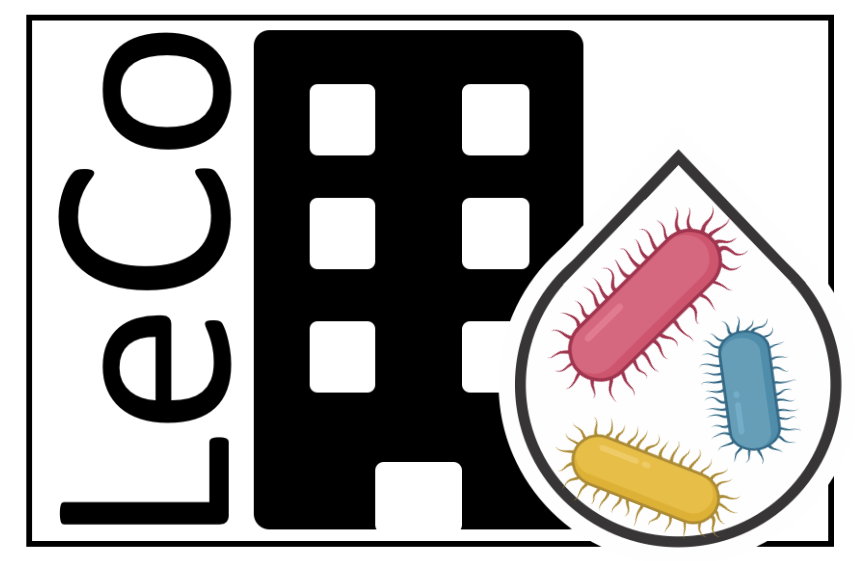A number of research groups have joined forces to tackle the legionella issue in a wide-ranging, multidisciplinary research project. The LeCo project (“Legionella control in buildings”), commissioned by the federal authorities, was launched at the beginning of 2020 and will run for four years.
In 2017, in response to the growing number of cases of legionnaires’ disease in Switzerland, the Federal Food Safety and Veterinary Office (FSVO), which is responsible for drinking water safety, specified a limit for legionella in shower and bathing water. In addition, the research project LeCo (“Legionella control in buildings”) was initiated, in partnership with the Federal Offices of Public Health (FOPH) and Energy (SFOE).
The project was officially launched at the beginning of 2020. The project is led by a multidisciplinary team from Eawag, the Lucerne University of Applied Sciences and Arts, the Swiss Tropical and Public Health Institute and the Cantonal Laboratory Zurich (see category Teams).
Over the next four years, the consortium will be investigating how the risk of shower-related legionella infection can be assessed. In addition, an improved sampling strategy is to be developed and the use of rapid detection methods to identify contamination in buildings is to be optimised. Other aims are to explore the relationship between environmental infection sources and cases of disease, and to gain new insights into the ecology of legionella in drinking water systems.
Ultimately, management strategies are to be developed to reduce the risk of legionella contamination in buildings. But alongside the research aspects, the project will also be focusing on awareness-raising and increased communication among the various actors concerned. In addition, national and international cooperation is to be strengthened in this field.
Main Project Page: http://eawag.ch/leco_en


